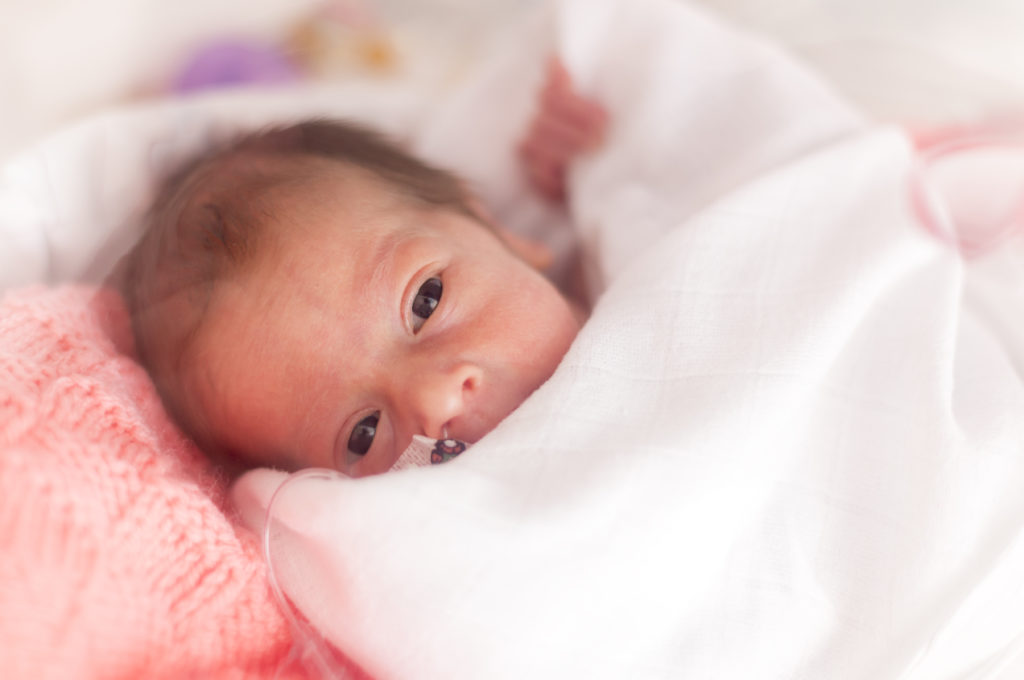Quick Hits
Daily brief research updates from the cognitive sciences

A couple of studies have just been released which look at the brains of newborns and young babies. The results are worrying for any society.
Brain scans of newborn babies from mothers in poverty showed lower brain volumes across all regions of the brain, suggesting less maturity, but also, just as worryingly, that the folds in the brain were fewer and shallower also suggesting a less developed brain and potential functional impairment. This is in comparison to babies born to mothers with higher household incomes.
This is another one to show how poverty can have dramatic consequences and damage society, which can then be perpetuated.
A second paper from the same dataset of 399 mothers showed that the brain of newborns with mothers from areas with high crime rates showed weaker connectivity across multiple regions in the brain in the first few weeks of life.
This shows that poverty and exposure to crime and its stresses can have dramatic impacts on the brains of babies – how long this lasts is not clear but it is obviously a bad start to life for an innocent baby.
Public policies that effect this critical period of life – pregnancy – is therefore a very good idea for society!

Andy Habermacher
Andy is author of leading brains Review, Neuroleadership, and multiple other books. He has been intensively involved in writing and research into neuroleadership and is considered one of Europe’s leading experts. He is also a well-known public speaker speaking on the brain and human behaviour.
Andy is also a masters athlete (middle distance running) and competes regularly at international competitions (and holds a few national records in his age category).
References
Regina L. Triplett, Rachel E. Lean, Amisha Parikh, et al.
Association of Prenatal Exposure to Early-Life Adversity With Neonatal Brain Volumes at Birth.
JAMA Network Open, 2022; 5 (4): e227045
DOI: 10.1001/jamanetworkopen.2022.7045
Rebecca G. Brady, Cynthia E. Rogers, Trinidi Prochaska, et al.
The Effects of Prenatal Exposure to Neighborhood Crime on Neonatal Functional Connectivity.
Biological Psychiatry, 2022
DOI: 10.1016/j.biopsych.2022.01.020
More Quick Hits
The Truth of “Work Hard, Play Hard”
Quick HitsDaily brief research updates from the cognitive sciences e all know the phrase “work hard, play hard” and this drew my attention when I stumbled across some research actually looking into this - and whether this is a good thing or bad...
Coffee Makes Business Teams More Effective
Quick HitsDaily brief research updates from the cognitive sciences just couldn’t resist reviewing this piece of research, from a few years ago, after I stumbled across this (likely because some background algorithm had recommended it to me based...
Caffeine Makes You More Prone to Impulsive Buying
Quick HitsDaily brief research updates from the cognitive sciences fascinating piece of research just published shows that drinking coffee makes you more impulsive. That means you are likely to buy more, and more items you actually don’t need....
Healthy Brains Are Hotter Than You Think
Quick HitsDaily brief research updates from the cognitive sciences hen we get sick we get a fever and we all know what our body temperature should be: around 37°C. Too much above that and we have a fever, and too much below and we risk...
Unpredictable Parents Disrupt Brain Circuitry in Children
Quick HitsDaily brief research updates from the cognitive sciences ntuitively we all know that good parenting is essential to kids’ healthy development. We all agree on that. But as soon as we try to define what good parenting is we then enter into...
A New Study on Inter-Brain Synchronisation
Quick HitsDaily brief research updates from the cognitive sciences n case you didn’t know it brain synchronisation (or inter-brain synchronisation) is a thing. And a pretty cool thing. This happens when two, or more, people do similar things...






